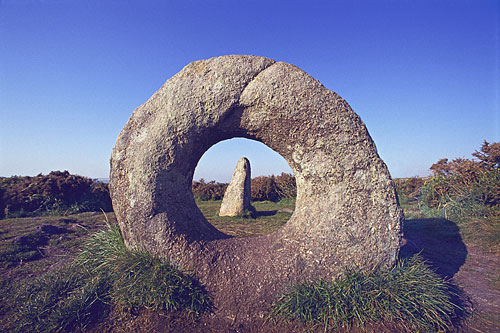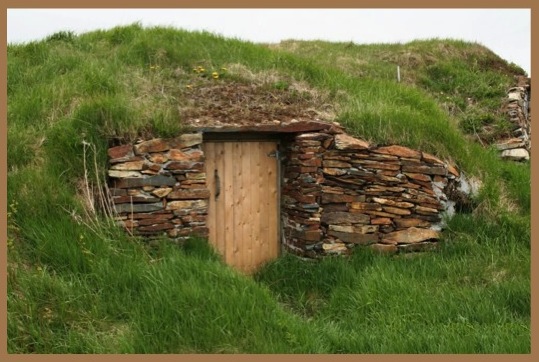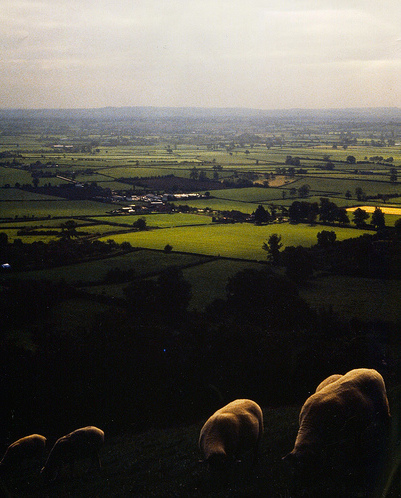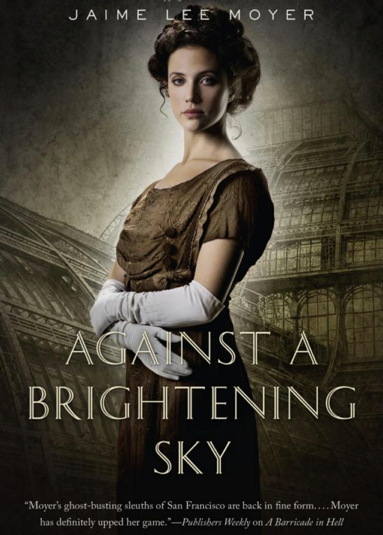
In a vaguely Halloween-themed way, I thought I’d share some quotations from my current reading.
Leechcraft: Early English Charms, Plantlore, and Healing by Stephen Pollington
Another passage from Aelfric [Aelfric of Eynsham, c. 955-c.1010, a Christian homilist] includes the following aside:
Witches still travel to where roads meet and to heathen graves with their illusory skill and call out to the devil and he comes to them in the guise of the person who lies buried there, as if he would arise from the dead—but she cannot really make it happen, that the dead man should arise through her wizardry.
Because for Christians, there are no such things as ghosts, see? When a person dies, they either go to Heaven, Hell, or Purgatory. Anything that sticks around in this realm must therefore be an evil spirit, bent on tricking the living into believing things that are not Christian doctrine and thereby condemning their souls.
More on crossroads:
The association of witchcraft with burial at crossroads is interesting for it was traditionally reserved for those whose presence might defile holy ground if buried in a churchyard, such as heathens, witches, and various classes of criminal. Aelfric deplored the practice of certain women who went to crossroads and “drew their children through the earthâ€, perhaps similar to the Cornish tradition of passing a child through a stone with a suitable hole in it, such as the famous Men-an-Tol alignment on the Penwith peninsular; a kind of re-absorption and rebirth seems to be implied by the practice….
[A. L.] Meaney [in Women, Witchcraft and Magic in Anglo-Saxon England] cites an East Anglian parallel, where a sick child was placed head-down in a hole cut into the ground and covered with the turf, and that of making the child crawl beneath a bramble which is rooted at both ends. Contact with the earth—and so possibly transference of the disease—seems to be the constant factor. Or is this symbolic rebirth, leaving the affliction behind in the putative womb?
To which I would add, “Eeeeyorgh!†Tough to be a sick child back in the day. Truly spooky.
Ancient Christian Magic: Coptic Texts of Ritual Power edited by Marvin Meyer and Richard Smith
Or perhaps you’d like a Christian spell for protection against headless powers, because—Lord knows—that’s a common experience for all of us [Egyptian papyrus, 5th or 6th century]:
O angels, archangels, who guard the floodgates of heaven, who bring forth the light upon the whole earth: Because I am having a clash with a headless dog, seize him when he comes and release me through the power of the father and the son and the holy spirit, Amen.
AO, Sabaoth.
O mother of god, incorruptible, undefiled, unstained mother of Christ, remember that you have said these things. Again, heal her who wears this, Amen.
As for myself, I’m going to employ the following amulet, one to protect the entrance to a house from vermin [papyrus, 6th (?) century], that invokes Aphrodite, Horus, the Judeo-Christian deity, Yao Sabaoth Adonai, as well as the Christian St. Phocas, covering all the bases. It has nothing to do with ghosts and goggilies, but is personally appealing:
![]() The door, Aphrodite,
The door, Aphrodite,
Phrodite,
Rodite,
Odite,
Dite,
Ite,
Te,
Te,
E,
Hor Hor Phor Phor, Yao Sabaoth Adonai, I bind you, arte[m]isian scorpion. Free this house of every evil reptile [and] annoyance, at once, at once. St. Phocas is here. Phamenoth 13, third indication.












